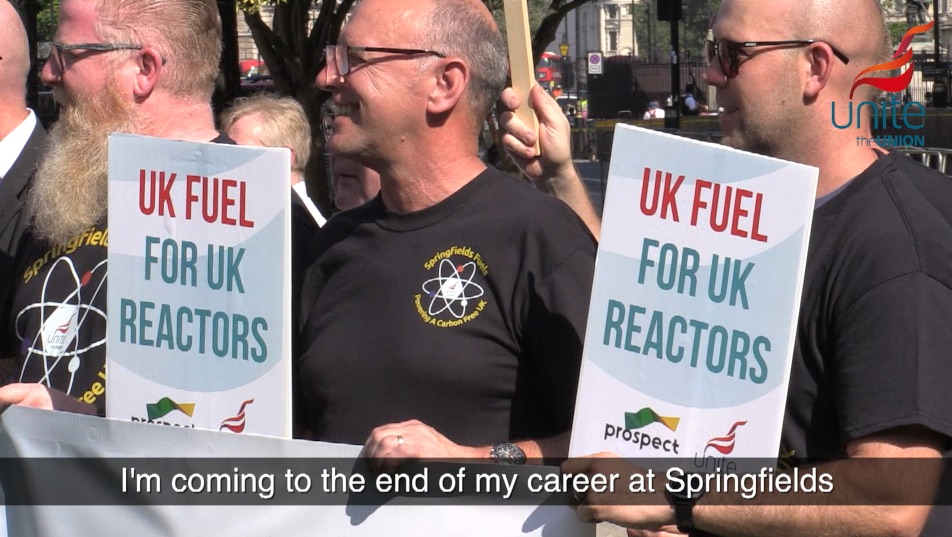Fuel poverty rising
Unite says politicians need to support public ownership of energy companies if they are serious about tackling the country’s fuel poverty crisis.
Yesterday (November 3) Scottish Housing Minister Kevin Stewart announced that the Scottish Government would spend an additional ÂŁ10 million to help families who most need support to keep warm this winter.
But Unite says investment in warmer homes is being continually undermined by massive price rises from the big energy companies, leaving more than a third of Scottish households in fuel poverty – a figure that has hardly changed since 2009.
This summer the Scottish Government admitted it was going to miss a legal target to eradicate fuel poverty in Scotland by November 2016.
“Successive Scottish Governments have spent hundreds of millions of pounds on making homes warmer – but rising energy costs wipe out the gains and keep people in fuel poverty,” said Unite Scottish secretary Pat Rafferty.
“Until we regain public control and ownership of energy, the private companies will carry on putting profits above people’s lives.
“Surveys have shown that a large majority of people support public ownership of energy utilities and it’s time politicians followed their lead,” he added.”We welcomed Jeremy Corbyn’s call to bring the Big Six energy firms into public ownership. It’s time that other political leaders took the same position.
“Public ownership of energy might not happen overnight, but it won’t happen at all if politicians don’t take a stand for it. Unite urges them to do so – because this is literally a matter of life and death for many people in Scotland.”
In a recent policy paper, Unite Scotland pointed out that:
- There were 22,011 deaths registered in Scotland in the four months of winter 2014/15 (December to March), compared with 18,675 in winter 2013/14.
- Comparing the number of deaths in the four winter months with the average for the two adjacent four-month periods, the seasonal increase in mortality in winter 2014/15 was 4,060.
- Gas and electricity bills have gone up nearly ÂŁ800 in eight years. That’s roughly 151% since 2004.
- In February 2016, the big energy suppliers passed on price cuts of just 5% to consumers – while wholesale gas costs had dropped about 23%.
Research has found that moving to a publicly-owned energy system in the UK would pay for itself in 10 years, and could save households around ÂŁ158 a year on their bills.
 Like
Like Follow
Follow


